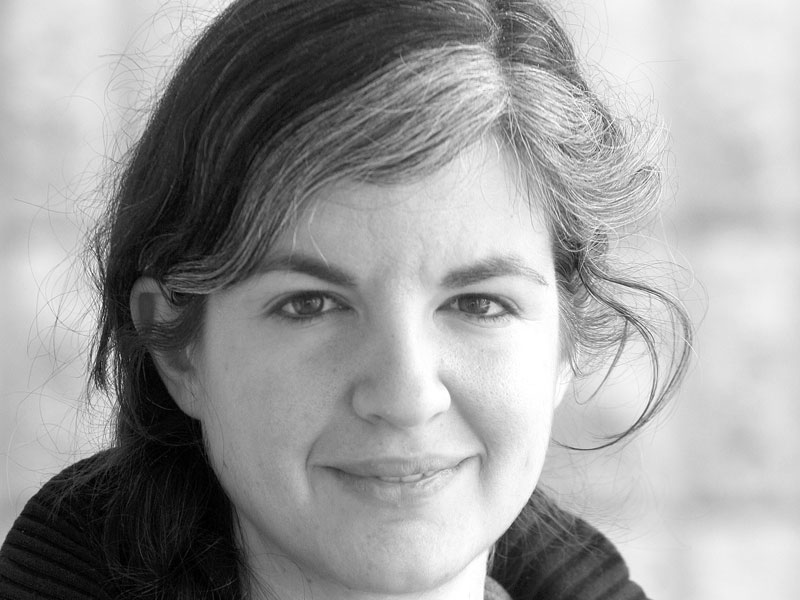Columnists
Mistakes

Last month, a night nurse in the Belleville Hospital’s neonatal intensive care unit sat with a premature infant, bottle feeding. It was 3 a.m. She fell asleep.
The baby’s cries startled her awake. He had fallen from her lap and was on the floor. Later the parents learned their child’s skull was fractured.
Last week, the story came to light as the baby’s mother threatened to sue the hospital and Quinte Health Care. The story made international headlines. Everywhere, people were debating whether the nurse should be fired. People firewere angry. They needed someone to blame.
There is little doubt that the experience of dropping a tiny, delicate human whose life is in your hands, is horrifying. The unnamed nurse, whose chosen career was to take care of sick children, was likely traumatized. Still, it’s easy to understand why the baby’s parents would call for her termination.
The hospital refused. The organization stated that terminating a staff member for a mistake would be counter-productive. It would discourage health care providers who make mistakes from reporting them for fear of losing their jobs.
The hospital was right. Mistakes are—have always been—the way we learn and evolve. Without learning from mistakes we wouldn’t know which food is safe to eat, wouldn’t have stable structures to live in. All of science and technology, all of society’s structures, were developed and refined through learning from error.
People have been hurt. People have died. And we got better. But still, we jump at the mistake makers.
Over the weekend, University of Calgary law professor Alice Woolley, one of the complainants who successfully unseated Justice Robin Camp, expressed concerns about the fallout from the decision to remove him.
Camp did not make a mistake. He was cruel and dismissive to a victim of rape. He was mean-spirited in his judgement, and that is not what the Canadian justice system stands for. Woolley wasn’t concerned about Camp stepping down.
Rather, she worried if the public felt this would be carte-blanche to call for the dismissal of any judges who made bad judgements, not with a mean spirit, but by misinterpreting the law.
Her contention is those mistakes highlight a need to change policy, clarify the legal system so that the same mistakes can’t be as easily repeated.
Her concern exists because there is a public need for vengeance when someone has been hurt, when there is an injustice. She isn’t wrong either.
It is a constant in our society to fear mistakes. From grade school, when the dreaded red pen highlights children’s failures to a new driver’s speeding ticket, we learn early that mistakes are bad, to be avoided. It’s the wrong lesson.
But sometimes it takes a mistake to make those changes. We are human, after all.

Comments (0)